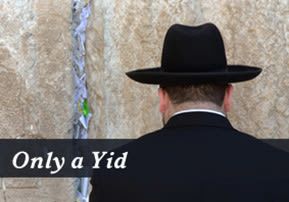
Only a Yid
Understanding the Gemara is not only understanding the words; it’s a whole way of thinking - this is the Oral Tradition, handed down from Mt. Sinai…

Compiled and edited by Ziv Ritchie
Rabbeinu HaKodesh, the holy Rebbe Yehuda HaNassi, the only one who was called ‘holy’, realized that people began to forget the Oral Law. So, since there’s a passuk [passage] that says that when the time comes to do something necessary for G-d, sometimes you may even have to do wrong in order to keep the thing up. So the Torah leaders of the generation decided to write the Oral Law down, because they realized that otherwise it would be completely forgotten.
Only a Yid Can Understand It
But the craziest thing is that even after they wrote it down, it’s still not written down. Because, can you imagine, there’s a book called the Gemara, yet there’s not one non-Jew in the world who knows Gemara. They have professors, and they are studying it, yet they don’t understand it.
And I’ll tell you something deeper; if you don’t keep Shabbat, if you’re not a frum [religious] Jew, you also don’t really understand it. Someone told me that he met a professor who was sitting on Yom Kippur, eating breakfast and smoking a cigar, and learning Gemara. Gornisht. It doesn’t go into his head. If you’re not on the level that you have the covenant between you and G-d, it doesn’t get into your head.
Understanding the Gemara is not only to understand the words; it’s a whole way of thinking. It’s a G-d-like thinking, the deepest depths that there is. And this has to be handed down from Mt. Sinai. This is the oral tradition: I learned with Reb Shlomo Heiman, and Reb Shlomo Heiman learned from Reb Bera, and Reb Bera learned from Reb Chaim, and Reb Chaim learned from Reb Yosef Ber… all the way back to Mt. Sinai.
Because, what’s the holiness of Rabbeinu Hakodesh. He was able to write the Oral Law down in a way that if you don’t have a Rebbe, someone to connect you to Mt. Sinai, you still won’t be able to understand it.
If you don’t know the entire Talmud, you cannot even learn one page, because there’s this deep kind of interrelation between the whole Talmud. And with all the commentaries as well. The Oral Law is still only in the air, in other words, it’s still just given over from one person to the other.
There are certain things that, if I write them down, they stop being a secret. But with other deep things, I can write them down, from today until tomorrow, and yet it still remains a secret.
People who love each other very much have all kinds of secrets between them. They can write a letter, and the whole world can read it, but nobody knows what they’re talking about because they’re so close to each other.
Rabbeinu HaKodesh was so holy that he knew exactly how to write it down.
And, again, if you don’t know Torah sh’baal peh, you don’t know Torah sh’bichtav. G-d wrote down the Torah in such a way that, even if you translate it into all seventy languages, you still cannot understand it. And Rabbainu HaKodesh wrote down the Oral Law and still did not destroy, even for one minute, the holiness of its being a secret.
Whatever I Know of G-d
Reb Nachman says, what is the Written Torah and the Oral Torah? He says, whatever I know of G-d, whatever I know of Yiddishkeit, can’t be written down.
The Baal Shem Tov can write down all the things he said, but what do I really know about the way the Baal Shem Tov believed that there is one G-d? That’s Torah sh’baal peh. And yet I know that he was there on that level, and today I’m a little bit of a Yid because he was there.
What do I really know about the way Avraham our father knew G-d? There are absolutely no words for it.
Then Reb Nachman says that learning is Torah sh’bchtav, and praying is Torah sh’baal peh. Because how can I explain to you what I’m praying? The greatest secret between me and G-d is what I am praying. Even the words – we have a siddur (prayer book), and for two thousand years all the Yiddelach are praying the same words – and yet it’s not the same words. And not only is it not the same words for two people, but when I daven Shmonah Esrai in the morning, the Shmonah Esrai from Shacharit is already a different Shmonah Esrai from Mincha. Because what do I know what I feel in the morning and what I feel at night? This can’t be written down; it’s the Torah sh’baal Peh.
* * *
Excerpt from “Rebbe Nachman Says”, The Teachings of Rabbi Nachman of Breslev as Taught by Rabbi Shlomo Carlebach z”tl.
Rabbi Shlomo Carlebach’s books are available online at the Breslev Israel Store.




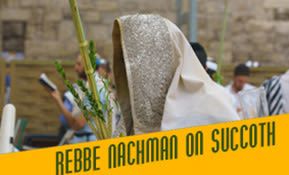
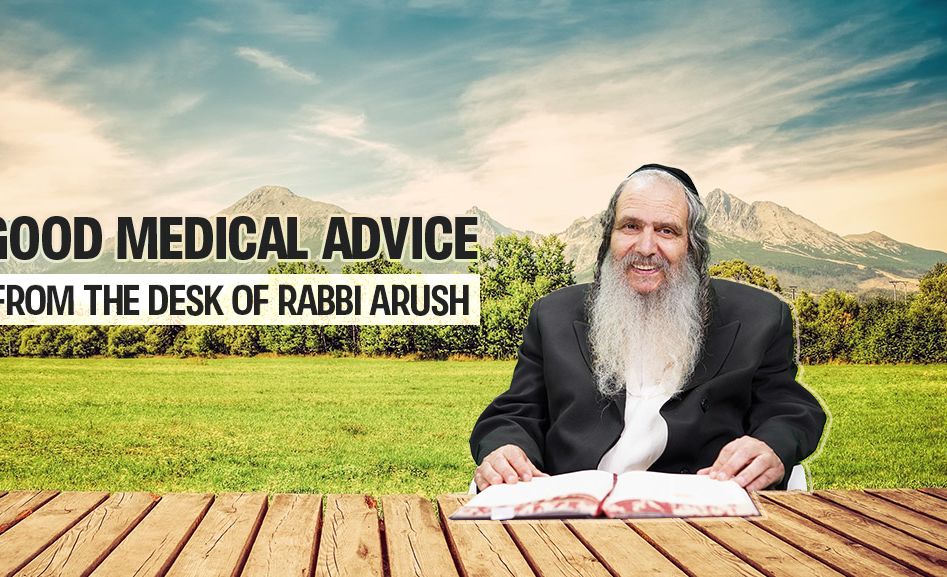

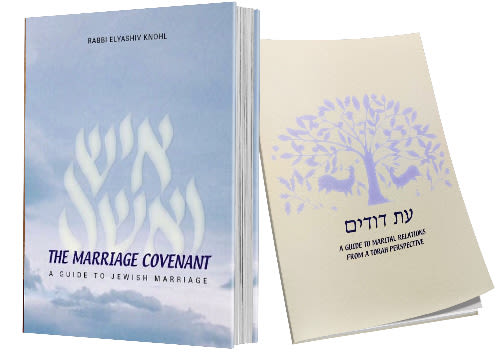


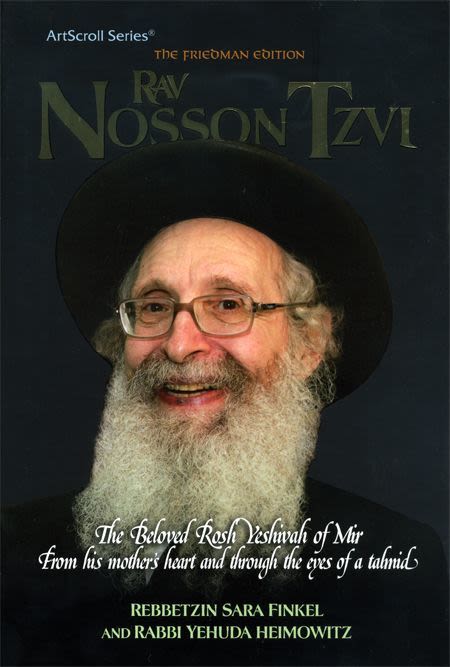
Tell us what you think!
Thank you for your comment!
It will be published after approval by the Editor.